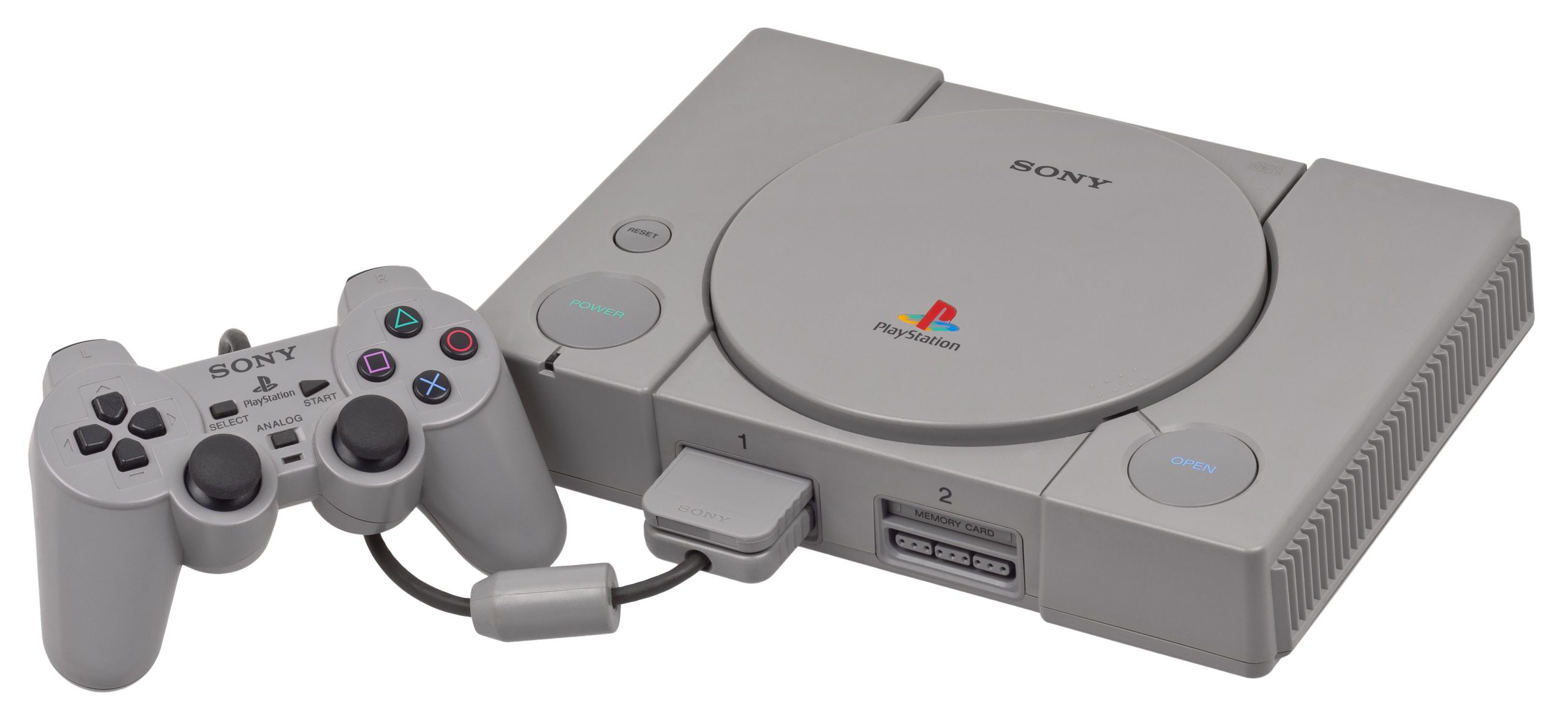In the mid-1990s, the gaming landscape was forever altered with the arrival of Sony’s first-ever PlayStation console. Released on December 3, 1994, in Japan, this iconic device marked the inception of a gaming dynasty that would shape the industry for decades to come. Developed in collaboration with Sony Computer Entertainment, the original PlayStation, often referred to as the PS1, was a groundbreaking departure from the cartridge-based systems of its time.
1. A Break from Tradition:
The PlayStation represented a monumental shift from the prevailing cartridge-based gaming systems to the more versatile CD-ROM format. This departure not only allowed for larger storage capacities but also facilitated more expansive and immersive gaming experiences. The transition to CDs meant that developers could incorporate full-motion video, orchestral soundtracks, and detailed 3D graphics, pushing the boundaries of what was considered possible in the gaming realm.
2. Cutting-Edge Technology:
Underneath its sleek, gray exterior, the PlayStation housed cutting-edge technology for its time. Driven by a 32-bit RISC CPU, the console delivered superior processing power, enabling smoother and more complex gaming environments. The introduction of the DualShock controller, with its innovative analog sticks and vibration feedback, further enhanced the gaming experience, providing a level of precision and immersion previously unseen.
3. Iconic Game Library:
The success of any gaming console is inevitably tied to its game library, and the original PlayStation did not disappoint. Boasting a rich collection of titles that would go on to become classics, the PS1 introduced gamers to iconic franchises such as “Final Fantasy,” “Metal Gear Solid,” “Resident Evil,” and “Gran Turismo.” These games not only set new standards for storytelling and gameplay but also established the PlayStation as the platform of choice for discerning gamers.
4. Cultural Impact:
Beyond its technological prowess, the PlayStation made an indelible mark on popular culture. The distinctive startup sound, the introduction of memory cards for saving game progress, and the sleek design of the console itself became synonymous with a new era of gaming. Sony’s marketing strategies, including the iconic “PlayStation” logo and memorable advertising campaigns, contributed to the console’s cultural cachet and made it a household name.
5. Global Dominance:
The success of the PlayStation wasn’t confined to Japan; it quickly became a global phenomenon. The console’s affordable price, expansive game library, and cutting-edge technology propelled it to the forefront of the gaming industry. Sony’s strategic partnerships with third-party developers ensured a steady stream of high-quality titles, solidifying the PlayStation as a dominant force in the market.
6. Legacy and Future Impact:
While subsequent PlayStation consoles have continued to evolve and innovate, the original PlayStation remains a nostalgic touchstone for gamers worldwide. Its impact on the industry is immeasurable, laying the foundation for the PlayStation brand’s continued success. The original PlayStation’s legacy endures not only in the hearts of those who experienced its groundbreaking era but also in the ongoing influence it exerts on modern gaming culture.
In conclusion, the first-ever PlayStation transcended the realm of gaming consoles to become a cultural icon. Its technological advancements, revolutionary game library, and global success set the stage for Sony’s continued dominance in the gaming industry. As we celebrate the PlayStation’s legacy, we recognize the pivotal role it played in shaping the interactive entertainment landscape and fostering a community of gamers that continues to grow and thrive today.

